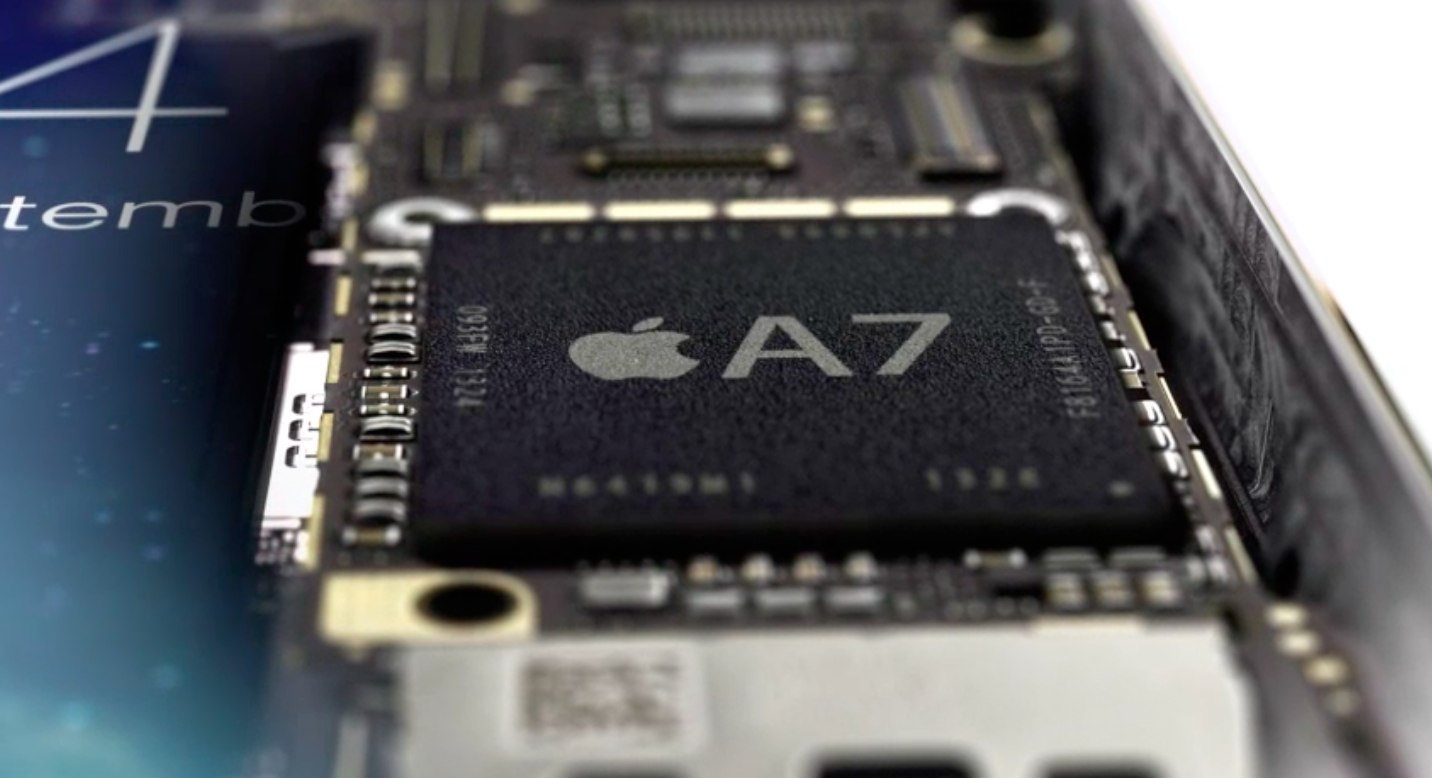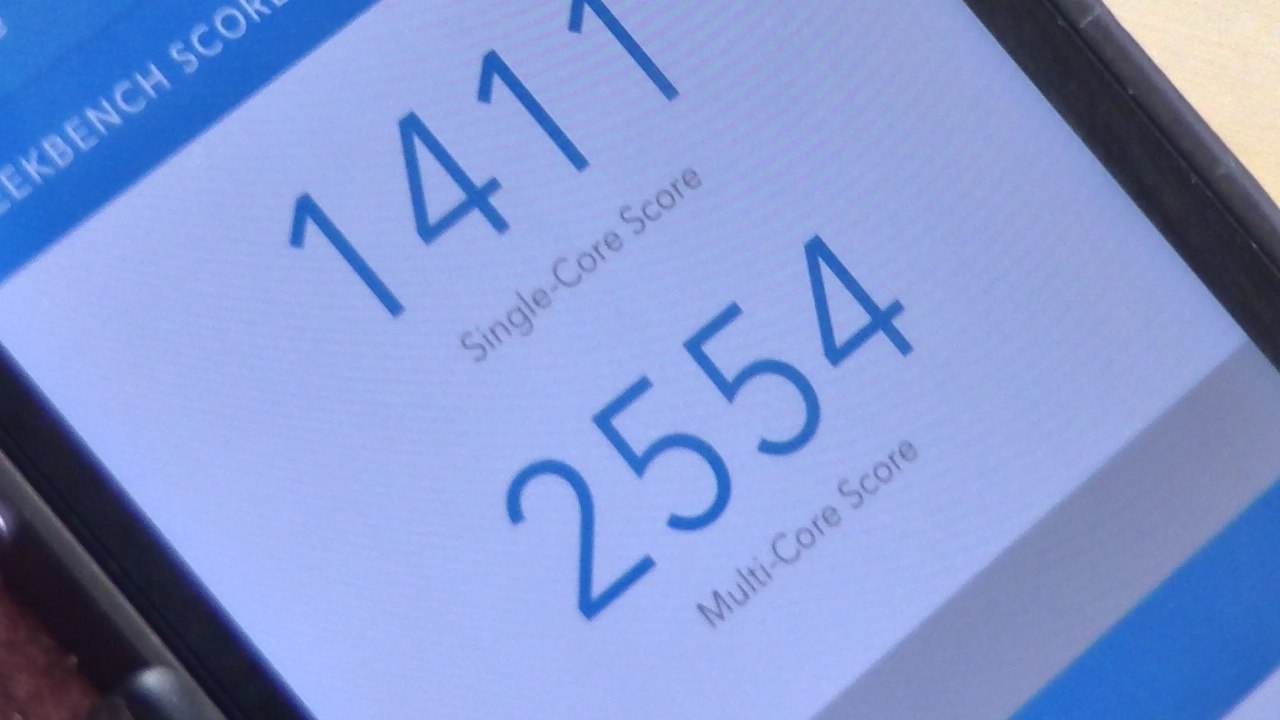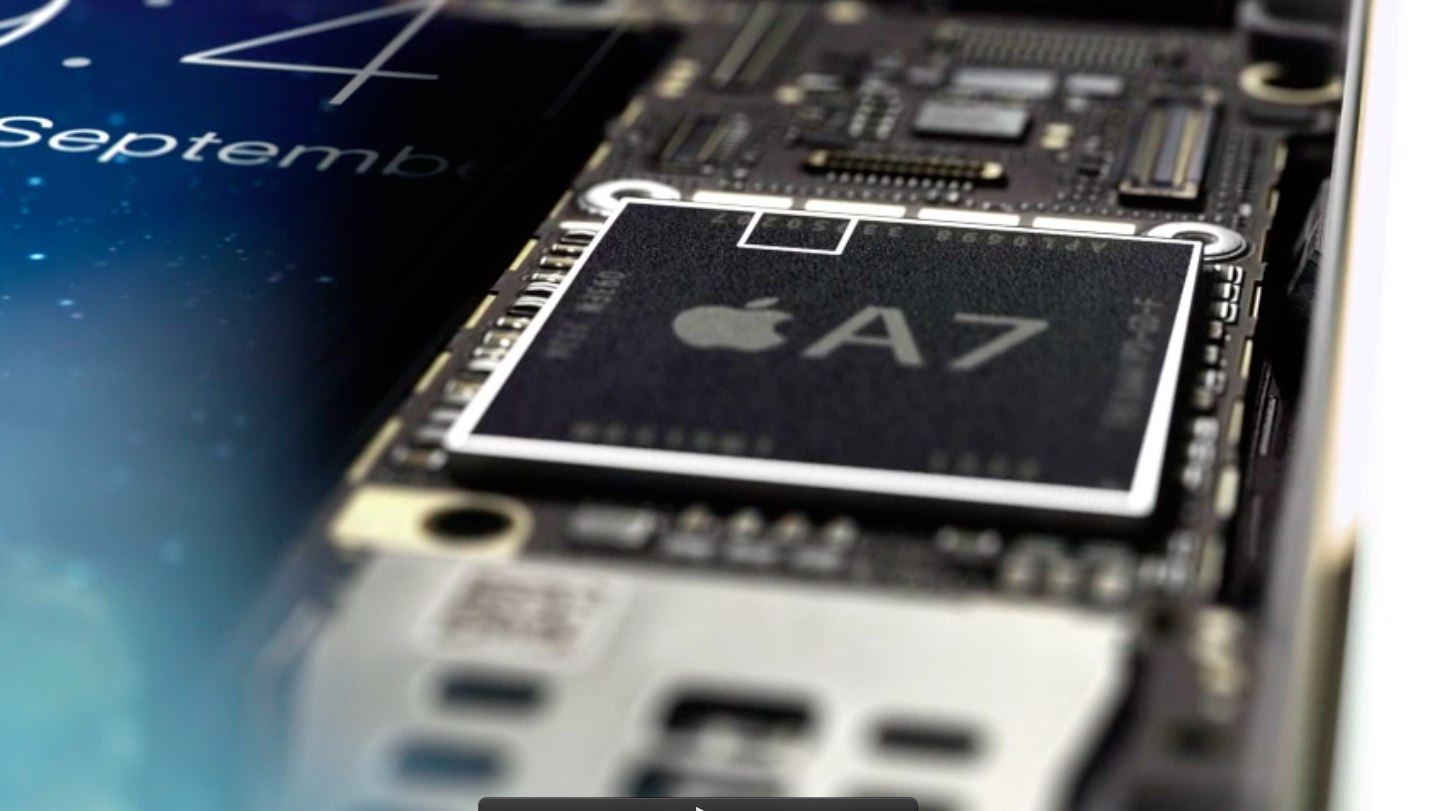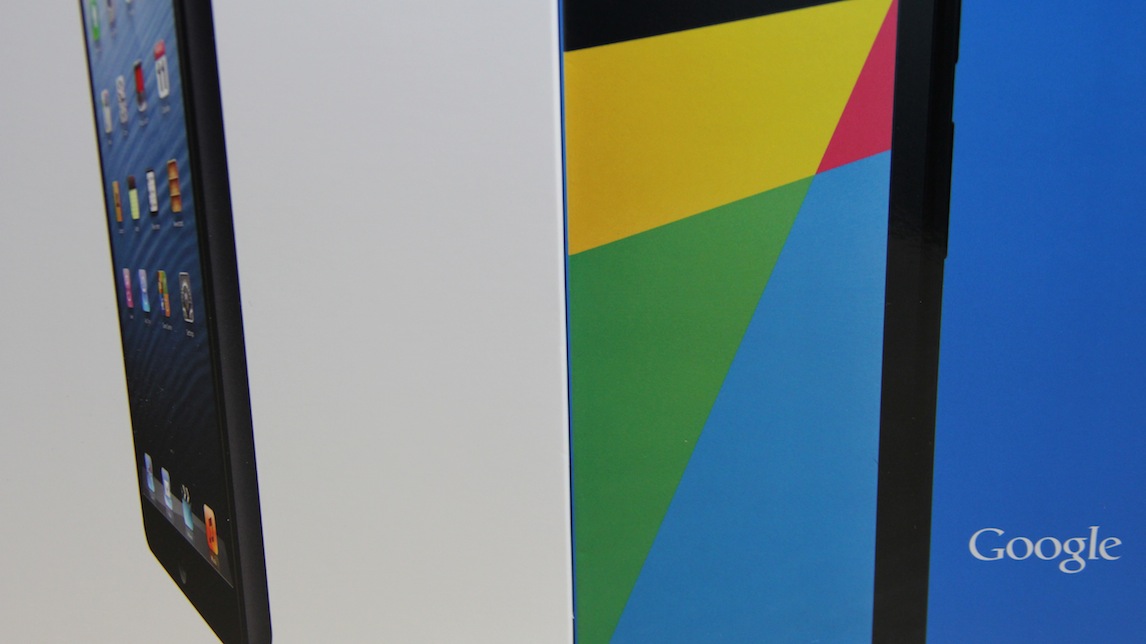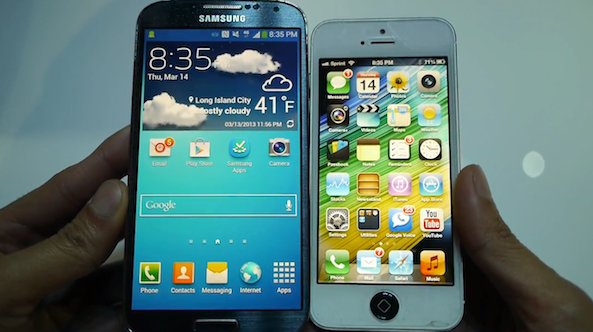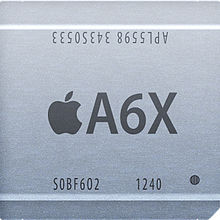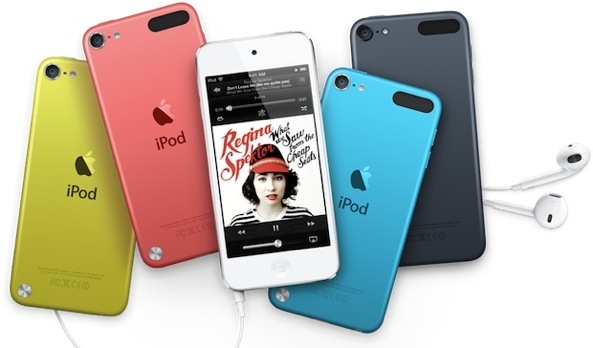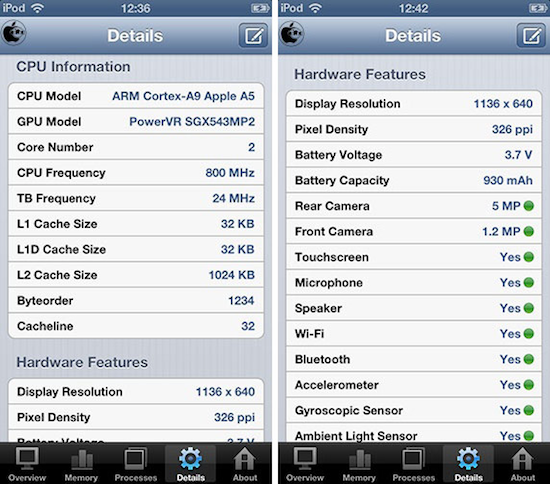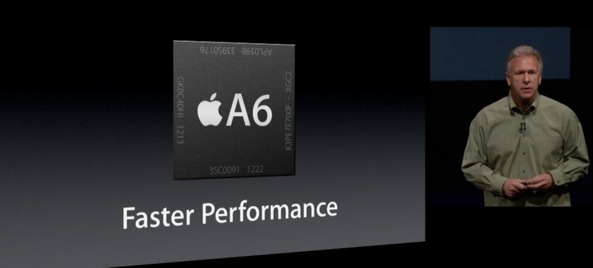Nobody reviews hardware more exhaustively than chip gurus over at AnanadTech - for these guys, no detail is too small and nothing escapes their scrutiny. When the publication set out to review the Galaxy Note 3, it shamed Samsung by spotting some tweaked code which artificially inflates the device's scores on popular benchmarks by anywhere between twenty to fifty percent.
Not only did it provoke a reaction from Apple's marketing head honcho Phil Schiller, the discovery has prompted AnandTech to really scrutinize other device makers. Shockingly enough, turns out most Android OEMs pad their results by increasing CPU/GPU clock speed during benchmarking to make them look good.
So, who are the cheaters? Almost everyone, except Apple and Motorola. Samsung, HTC, Asus, LG and many others are all dirty and guilty of gaming the benchmarks.
If that's not the biggest wake-up call the benchmarking industry has ever seen, I don't know what is. I myself feel dirty even blogging about this, but the numbers don't lie and that's the sad state of things. Just who are the cheaters? Go past the break for the full disclosure...
